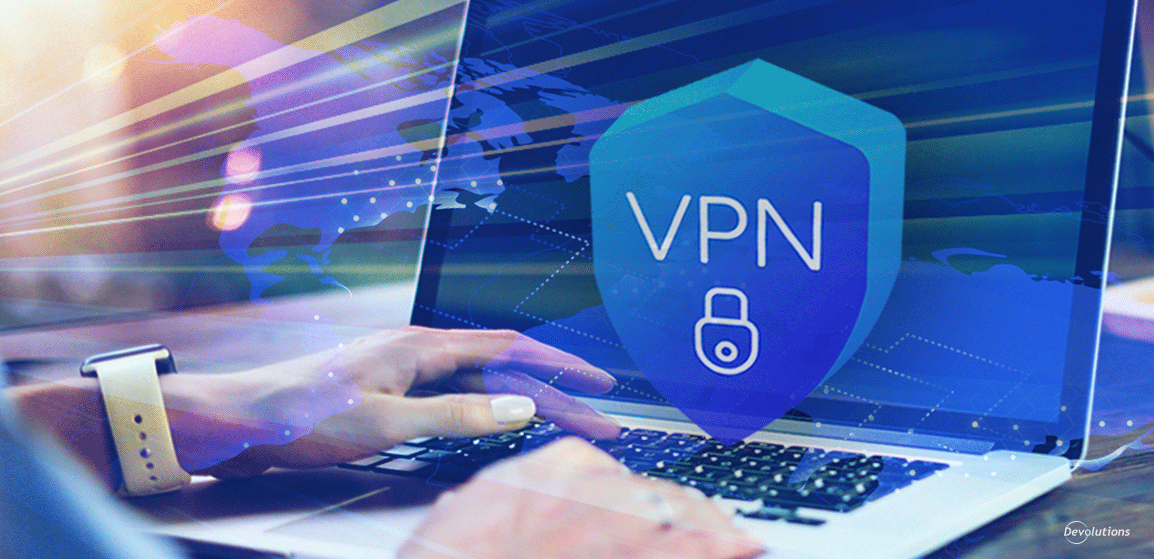Vpn Vs. Incognito Mode: Unraveling Their Roles In Safeguarding Your Online Privacy
Explore the differences: VPNs encrypt data and conceal IP for comprehensive privacy; Incognito Mode offers temporary browsing privacy without encryption

In today's bustling digital realm, where privacy sometimes feels like an antiquated term, understanding the tools at our disposal to protect our online identities is more critical than ever. You've likely come across recommendations to use a VPN or the Incognito Mode feature in your browser for safer browsing. But how exactly do these tools work, and how do they differ in protecting your privacy? Let's dive into the distinct functions of a VPN and Incognito Mode, decrypting their roles in safeguarding your online wanderings.
Defining The Protectors
- The Invisible Cloak: VPN
Imagine you have an invisible cloak that not only hides you from prying eyes but also transports you to different locations without leaving a trace. A VPN, or Virtual Private Network, does something similar for your digital presence. vpn27 creates a secure tunnel for your internet connection, encrypts your data, and masks your IP address, making your online activities virtually untraceable. Whether you're accessing sensitive information, streaming content geo-blocked in your region, or simply browsing, vpn27 ensures that your internet traffic is seen by nobody but you.
- The Forgetful Companion: Incognito Mode
On the flip side, Incognito Mode functions like a companion with a very short-term memory. It's a privacy feature found in most web browsers that, when activated, ensures your browsing history, cookies, and site data are not stored on your device once the session is closed. Think of it as using a slate that gets wiped clean after every use. However, it's crucial to remember that Incognito Mode doesn't hide your activity from websites, internet service providers (ISPs), or network administrators.
The Line Of Defense
- VPN: The Encryption Knight
A VPN's most potent defence is its ability to encrypt your data. This encryption acts as a secure channel for your data traffic, protecting sensitive information from hackers on public WiFi hotspots, nosy ISPs, or any third-party snoops. With a VPN, your true IP address is also hidden, letting you surf the web anonymously.
- Incognito Mode: The Tracker Dodger
Without storing your browsing history, cookies, and site data, Incognito Mode ensures that your immediate online session remains private. It's particularly useful for keeping your searches invisible to others who might use the same device. However, remember that while Incognito Mode can help dodge trackers during your session, it doesn't encrypt your data or mask your IP address.
- The Privacy Puzzle
When navigating the vast cyber ocean, using a VPN or Incognito Mode is akin to choosing between a boat and a paddle. Each has its unique function in the journey of protecting your privacy in the digital world. A VPN offers a comprehensive solution by encrypting your data traffic and concealing your location and IP address, providing a solidified defense against a wider array of privacy threats. Incognito Mode, on the other hand, serves as a quick fix to prevent local storage of browsing details, providing a cleaner, but not necessarily safer, browsing experience on shared devices.
Whether you’re a digital nomad, a regular traveller, or simply an internet user mindful of their digital footprint, understanding and leveraging the right tools like those found on vpn27 could mean the difference between being exposed and being secure.
The Verdict
Intrigued about diving deeper into the distinctions and protections offered by a VPN and Incognito Mode? Unravel more insights into how they uniquely guard your privacy by visiting vpn27. Remember, in the realm of online privacy, being informed is your first line of defence.
摺車北上 踩完食燒烤好基本????



















